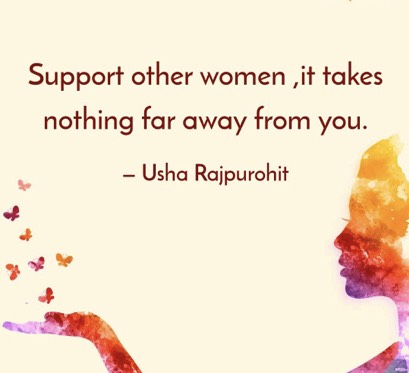Some of my health care experiences in my life have helped me understand what it’s like to be a patient. To want answers right away. A name for a symptom to make it real to the people around me. To make it separate from my identity. To want someone near me who understands that people who are chronically…
News
The Miracle of the Mangroves
Big Potential: How Transforming the Pursuit of Success Raises Our Achievement, Happiness, and Well-Being by Shawn Achor Chapter 1 Excerpt: The Power of Hidden Connections The creation of a thousand forests is in one acorn. –Ralph Waldo Emerson When dusk slowly crept upon a mangrove forest lining a river deep in a jungle in Southeast…
Autoimmune Workshop September 22nd
Watch this video for a preview of what you can learn at the workshop hosted at Pilates 1901 on Saturday September 22nd at 12pm! Join Tina Sprinkle and Dr. Alicia Johnson for their Workshop on Autoimmune Dysfunction from Tina Sprinkle on Vimeo.
Glyco-Kinetic Update
Integrative Therapeutics has discontinued one of our favorite products, Glyco-Kinetic Complex. We have been comparing a few items for a replacement and have settled on Glycemic Formula from Mountain Peak Nutritionals. We still have a few of the Glyco-Kinetic Complexes left, but have also received our first shipment of the new formula and it is available…
Leptin – a master hormone you didn’t know about
Originally posted over on Dr. Megan’s site Leptin was discovered in 1994 as a hormone that is secreted by adipose or fat cells. It is the major signal from the body to the brain letting it know what the energy stores are like. It plays are role in metabolism, regulation of reproductive and thyroid hormones…


